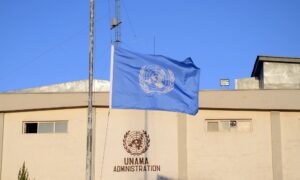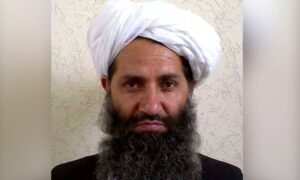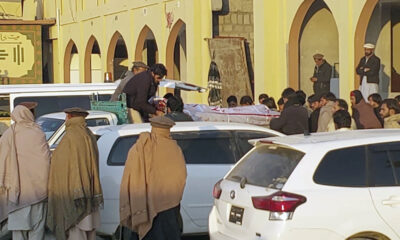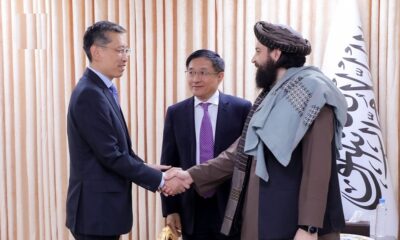Latest News
IEA says virtue and vice law ‘firmly rooted’ in Islamic teachings
Mujahid encouraged Muslims to familiarize themselves with the laws and to consult scholars to better understand them
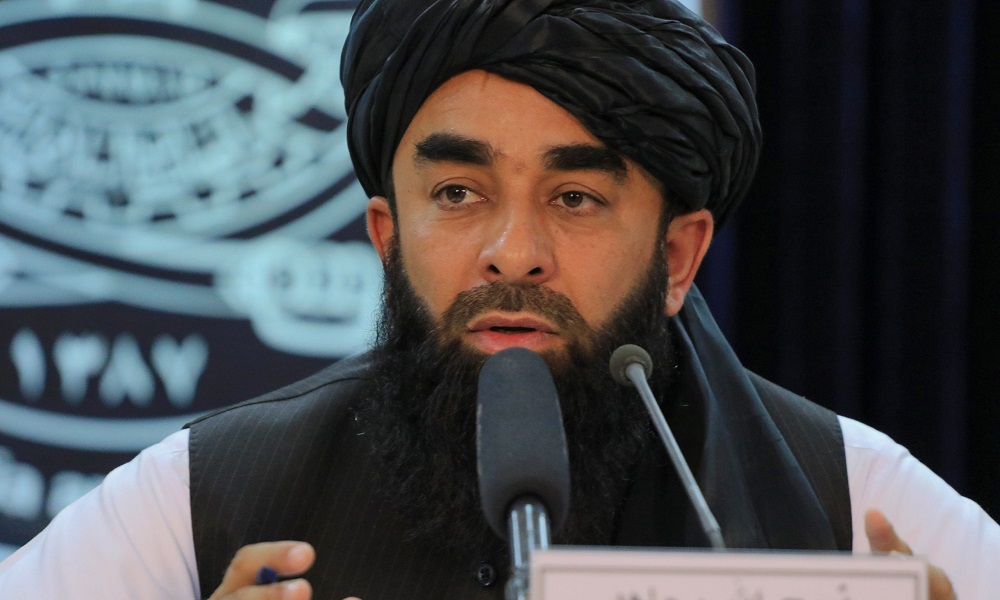
The Islamic Emirate of Afghanistan’s (IEA) spokesman Zabihullah Mujahid said on Monday that the newly ratified virtue and vice law is “firmly rooted” in Islamic teachings and the IEA will not be swayed by concerns in this regard.
Mujahid called on critics, particularly non-Muslims, to have a thorough understanding of Islamic laws and respect Islamic values.
“To reject these laws without such understanding is, in our view, an expression of arrogance,” he said.
Mujahid also encouraged Muslims to familiarize themselves with the laws and to consult scholars to better understand them.
“For a Muslim to reject or criticize these laws is to demonstrate a lack of understanding of their religion, and such actions may even lead to the decline of their faith,” he said.
“As Afghanistan is an Islamic nation, Islamic laws are inherently applicable within its society. It is the responsibility of every Muslim and Islamic government to promote good and forbid evil, as prescribed by the Holy Qur'an,” he added.
Mujahid stressed that the concerns raised by various parties, including UNAMA, will not sway the Islamic Emirate from its commitment to upholding and enforcing Islamic Sharia law.
This comes after the United Nations Assistance Mission in Afghanistan (UNAMA) said on Sunday it is concerned by the new morality law and said it would have wide-ranging and far-reaching restrictions on personal conduct and one that provides morality police with broad powers of enforcement.
Last week the Islamic Emirate announced the ratification of a “Law on the Promotion of Virtue and the Prevention of Vice”, with 35 articles detailing significant restrictions on the Afghan population.
“For a Muslim to reject or criticize these laws is to demonstrate a lack of understanding of their religion, and such actions may even lead to the decline of their faith,” Mujahid said
“It is a distressing vision for Afghanistan’s future, where moral inspectors have discretionary powers to threaten and detain anyone based on broad and sometimes vague lists of infractions,” said Roza Otunbayeva, the Special Representative of the Secretary-General and head of UNAMA.
“It extends the already intolerable restrictions on the rights of Afghan women and girls, with even the sound of a female voice outside the home apparently deemed a moral violation,” she said.
UNAMA stated it is studying the newly ratified law and its implications for the Afghan people, as well as its potential impact on United Nations and other vital humanitarian assistance for the country.
UNAMA is also seeking clarification from the Islamic Emirate on a number of articles and on plans for enforcement.
Last Wednesday, the ministry of justice announced that Mawlawi Hibatullah Akhundzada, the supreme leader of the Islamic Emirate, had approved the law.
Barakatullah Rasouli, a spokesman for the Ministry of Justice, said the law regulates the affairs of the Ministry of Propagation of Virtue and Prevention of Vice and duties and powers of Muhtasibs (inspectors/morality police).
RELATED STORIES:
UN in Afghanistan ‘concerned’ about new morality law
IEA supreme leader approves law on propagation of virtue and prevention of vice
Latest News
Russia will not ‘artificially impede’ process of removing IEA from list of terrorist groups
Rudenko said let’s act gradually, step by step, but we do not intend to artificially impede the processes
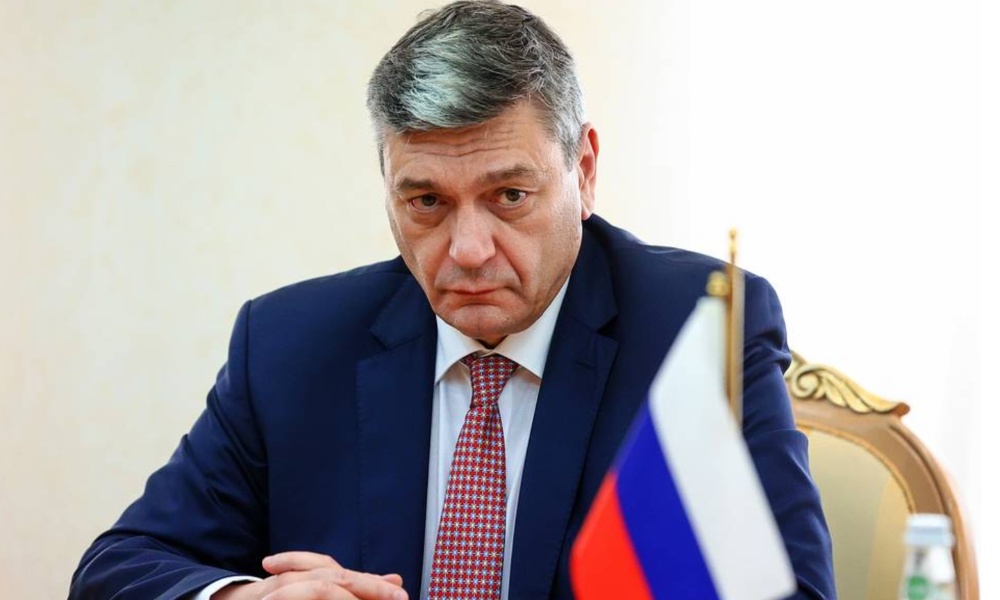
Russian Deputy Foreign Minister Andrey Rudenko said the completion of legal procedures to remove the Islamic Emirate from Moscow’s terrorist list will provide positive impetus to Russian-Afghan relations.
In an interview with Russia’s TASS news agency, Rudenko said “removing the terrorist organization’s status from the Taliban Movement (Islamic Emirate) will attribute a positive impetus to Russian-Afghan interaction in various spheres, in the economy in the first instance."
"As regards the issue of the official recognition of current Afghan authorities, it is early to talk about it thus far. Let’s act gradually, step by step, but we do not intend to artificially impede the processes," Rudenko noted.
"Russia is taking steps of establishing practical interaction with authorities of Afghanistan on issues of mutual interest," the Russian diplomat added.
Early last month, Russia's Foreign Ministry said a decision to remove the Islamic Emirate of Afghanistan (IEA) from a list of terrorist organisations had been "taken at the highest level".
This came after Putin stated in July that Russia considered the IEA an ally in the fight against terrorism.
Russia has been slowly building ties with the Islamic Emirate since it seized power in Afghanistan in August 2021 but the IEA is still officially outlawed in Russia.
In response to Russia’s comments last month, the IEA’s acting foreign minister Amir Khan Muttaqi said the Islamic Emirate “appreciates the positive remarks by the high-ranking officials of the Russian Federation in this regard and hope to see more effective steps soon."
Latest News
China ‘key and partner neighbor’ for people of Afghanistan: Yaqoob Mujahid
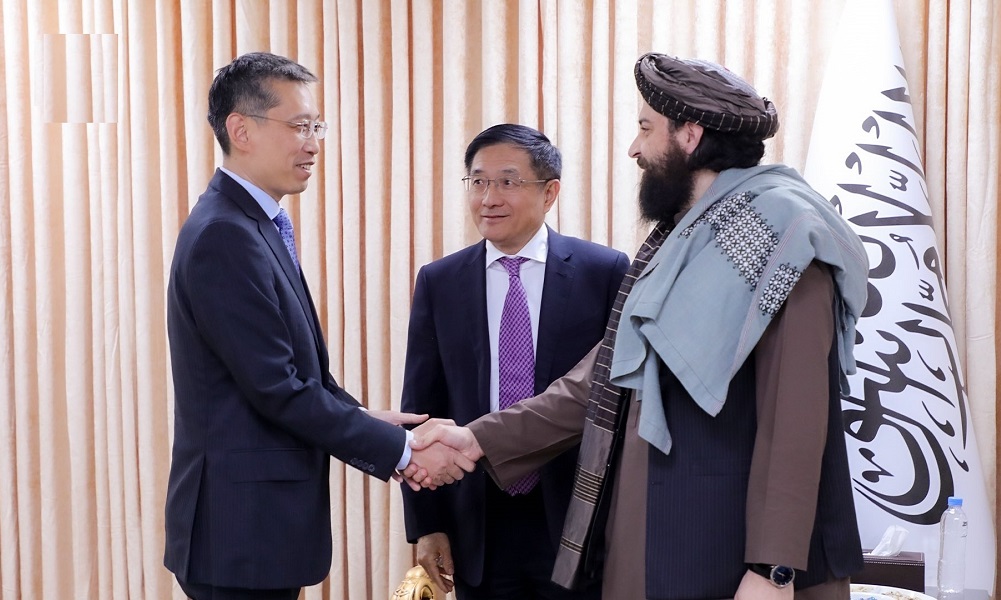
Acting Minister of National Defense Mohammad Yaqoob Mujahid in a meeting with China’s special envoy for Afghanistan Yue Xiaoyong and Zhao Xing, the country's ambassador to Kabul, said that Beijing is a “partner and important neighbor" for the people of Afghanistan, the ministry said a statement.
The statement stated that the two sides discussed economic cooperation, strengthening bilateral relations, borders, investments and other issues.
Yaqoob Mujahid also stressed the commitment of the Ministry of Defense to cooperate in common areas with China.
Latest News
China’s envoy says Beijing eager to solidify relations with Afghanistan
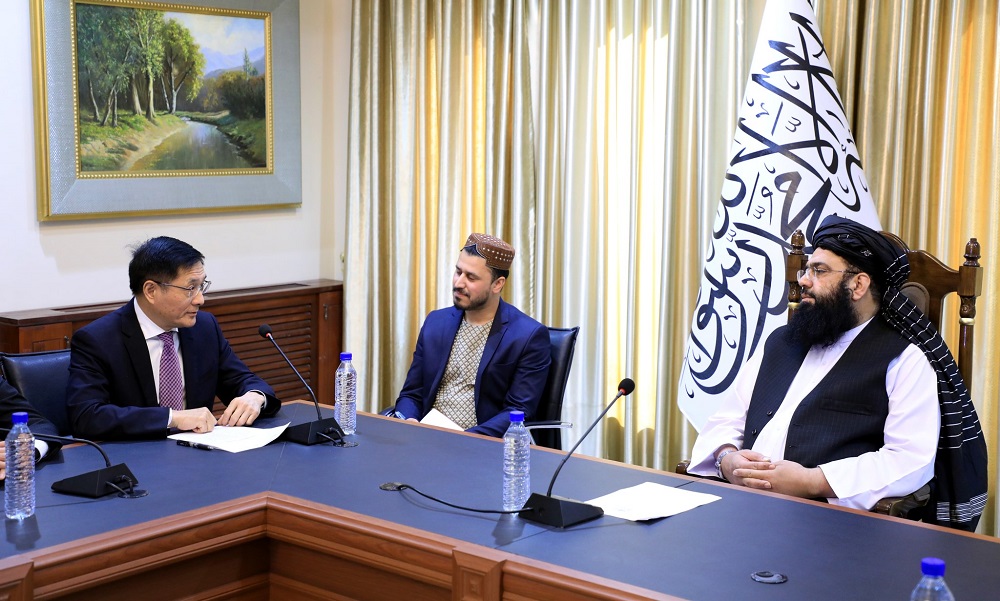
The Political Deputy of Prime Minister Mawlawi Abdul Kabir on Saturday met with China’s special envoy for Afghanistan Yue Xiaoyong and the Chinese ambassador Zhao Xing to Kabul, the deputy PM’s office said in a statement.
At the meeting, Xiaoyong affirmed China’s support for Afghanistan’s position in international forums and expressed China’s readiness to further expand and solidify its relations with Afghanistan.
He underscored China’s ongoing efforts to fortify Afghanistan’s economy, enhance bilateral relations, and deepen cooperation.
Xiaoyong commended Afghanistan’s progress over the past three years and stressed the significance of fostering improved relations and mutual understanding among Afghanistan, Pakistan, and China.
He reiterated China’s respect for Afghanistan’s territorial integrity, cultural values and sovereignty, highlighting China’s commitment to contributing to Afghanistan’s economic advancement through increased investment initiatives.
Meanwhile, Abdul Kabir conveyed his gratitude to Xiaoyong, acknowledging the strong bilateral relations between Afghanistan and China, particularly in trade and economic cooperation, which continue to grow.
He assured that the Islamic Emirate has consistently guaranteed its neighbors and the international community that Afghanistan poses no threat to any nation and has upheld this assurance over the past three years.
He further noted that Afghanistan is transitioning from a prolonged period of conflict and is prioritizing the revitalization of its national economy and the expansion of regional cooperation.
Kabir underscored the critical importance of regional collaboration for achieving stability in the region and affirmed Afghanistan’s ongoing efforts toward attaining economic stability.
-

 Latest News5 days ago
Latest News5 days agoTajikistan trumps Afghanistan 3-1 in football friendly
-

 Latest News4 days ago
Latest News4 days agoEU marks International Children’s Day, says it supports Afghan children
-
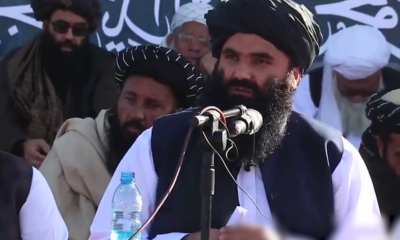
 Latest News5 days ago
Latest News5 days agoAfghanistan wants relations with countries not opposed to Sharia law: Haqqani
-

 Sport3 days ago
Sport3 days agoAriana News to broadcast IPL auction live and exclusively in Afghanistan
-

 Latest News2 days ago
Latest News2 days agoU.S. House approves bill on evacuation of Afghan allies
-
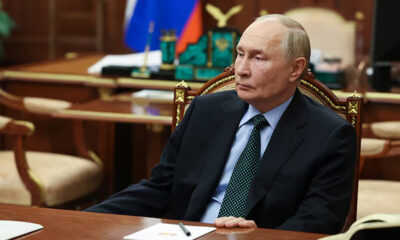
 World5 days ago
World5 days agoPutin issues warning to US with new nuclear doctrine
-

 World3 days ago
World3 days agoUS vetoes UN Security Council resolution on Gaza ceasefire
-

 Latest News5 days ago
Latest News5 days agoIEA implements ‘significant reforms’ in Afghanistan’s education curriculum

